News
Read our news and other articles relating to our activities. You can also find out what we’re up to by following @Forest_Research on Twitter or through the Forest Research Vimeo channel and our LinkedIn Page.
Read our news and other articles relating to our activities. You can also find out what we’re up to by following @Forest_Research on Twitter or through the Forest Research Vimeo channel and our LinkedIn Page.

On 9 April 2022 forestry and tree organisations will be holding the UK’s first ever ‘mapathon’ in which hundreds of volunteers will undertake online tree canopy cover assessments of urban council wards across the UK…
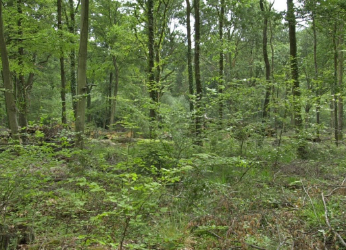
Diseases affecting different UK tree species have been shown to have a multiplying effect on the loss of associated biodiversity, new research by James Hutton Institute and partners in the UK and Portugal including Forest Research, has found.
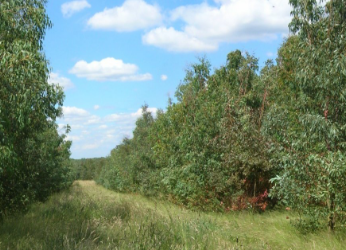
Forest Research has been successful in winning funding from the government’s Biomass Feedstocks Innovation Programme as part of a collaboration led by Forest Creation Partners (FCP). The partnership will use geospatial data science to identify optimal planting sites for forestry-based biomass production.
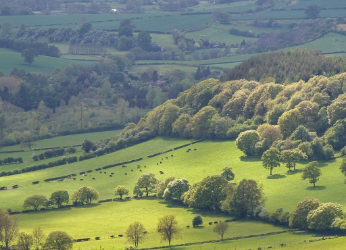
Earlier this month UK Research and Innovation (UKRI) announced the successful Treescapes research bids. Forest Research has secured participation in three of the funded projects.
A research project has been launched to help tackle the biodiversity crisis by identifying how the UK’s most precious woodland and meadow habitats can be successfully restored by looking at how all the different plants, animals and other organisms in ecosystems work together.
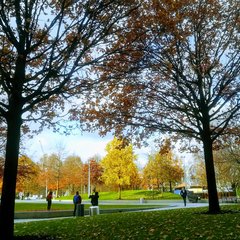
Newly published research from Forest Research explores changes in tree canopy cover since the 1940s for ten urban areas across Great Britain.
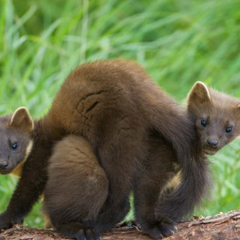
The time it takes for species to respond to conservation measures – known as an ‘ecological time lag’ – could be partly masking any real progress that is being made, experts have warned.
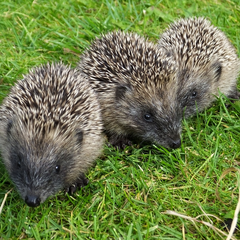
Research just published details when, where and why hedgehog roadkill is most likely to occur, with the outskirts of cities in central Britain emerging as particular black spots.

A new study by researchers from the University of Stirling and Forest Research is aiming to examine the impact of deer on the development of woodland ecosystems by using camera traps.
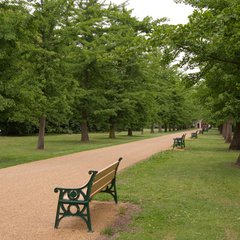
What do we know about how trees can cool our towns and cities?
New suite of publications explores services provided by urban trees